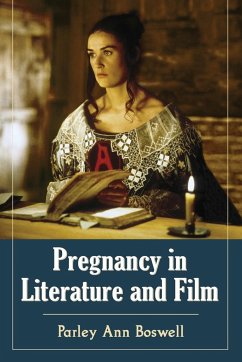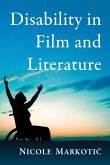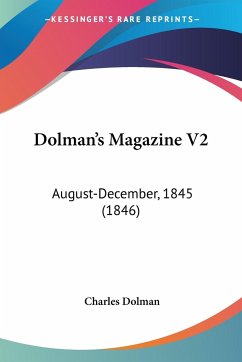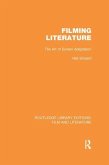This exploration of the ways in which pregnancy affects narrative begins with two canonical American texts, Nathaniel Hawthorne's The Scarlet Letter (1848) and Harriet Jacobs's Incidents in the Life of a Slave Girl (1861). Relying on such diverse works as Frankenstein, Peyton Place, Beloved, and I Love Lucy, the book chronicles how pregnancy evolves from a conventional plot device into a mature narrative form. Especially in the 20th and 21st centuries, the pregnancy narrative in fiction and film acts as a lightning rod with the power to electrify all genres of fiction and film, from early melodrama (Way Down East) to noir (Leave Her to Heaven); from horror (Rosemary's Baby) to science fiction and dystopia (Alien, The Handmaid's Tale); and from iconic (Lolita) to independent (Juno, Precious). Ultimately, the pregnancy narrative in popular film and fiction provides a remarkably clear lens by which we can gauge how popular American film and fiction express our most profound--and most private--fears, values and hopes.
Hinweis: Dieser Artikel kann nur an eine deutsche Lieferadresse ausgeliefert werden.
Hinweis: Dieser Artikel kann nur an eine deutsche Lieferadresse ausgeliefert werden.








